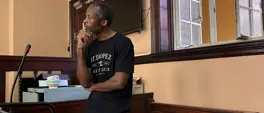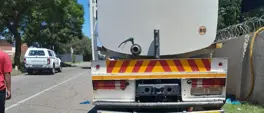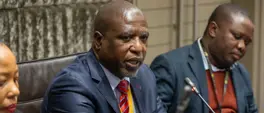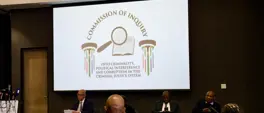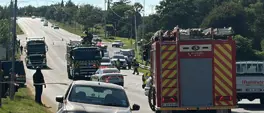Expert says Eskom’s success offers blueprint for solving South Africa’s water crisis
Celeste Martin
24 October 2025 | 13:05Professor Mark Swilling says the country must confront its water woes with the same urgency that ended loadshedding.

Tap water dripping Picture: Pixabay.com
South Africans may finally be seeing the light at the end of the loadshedding tunnel, but experts warn that another crisis is looming – this time over water.
After more than 100 days without power cuts, Eskom is claiming success, bolstered by private sector involvement and decisive government action.
Professor Mark Swilling from Stellenbosch University’s Centre for Sustainability Transitions, says the same urgency shown in tackling the electricity crisis is sorely needed to address the growing water emergency.
Swilling noted that the turning point for Eskom came in 2022, when the government admitted the scale of the problem and mobilised the Energy Action Plan.
He added that cooperation between ministers, CEOs, and government departments led to greater transparency and concrete results.
"There is a challenge here, which is in the electricity sector, you have one massive, gigantic company, Eskom, that basically controls the whole show and kind of imposes top-down solutions."
"There isn't any equivalent of an Eskom in water. There are 15 different water boards. It's 256 municipalities that deliver water. It's district municipalities, and so it's a multi-headed beast. It's very difficult for anybody to kind of grab it and lead and make it happen. That's the big challenge."
"I have a feeling that what we should think about is a National Water Crisis Committee, the equivalent of the National Electricity Crisis Committee. Maybe that's how we should think about it so that we can bring these different parts together, which don't cooperate at the moment. Local government doesn't like what National Treasury is doing, the South African Local Government Association doesn't like what CoGTA is doing. There are all sorts of dynamics, and that doesn't help."
Swilling added that the current response to water shortages – worsened by climate change, neglected infrastructure, and weak municipal systems – lacks similar political will.
To listen to Professor Mark Swilling in conversation with CapeTalk's John Maytham, click the audio below:
Get the whole picture 💡
Take a look at the topic timeline for all related articles.
Trending News
More in Local

10 February 2026 14:16
'They want R1 from each loaf': Small businesses highlight safety concerns to Deputy President
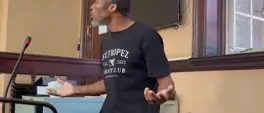
10 February 2026 14:09
State prosecutor recuses herself in Johannesburg prison warden murder trial
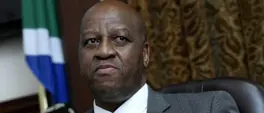
10 February 2026 13:59
KZN becomes foot-and-mouth epicentre as government awaits vaccine stock

